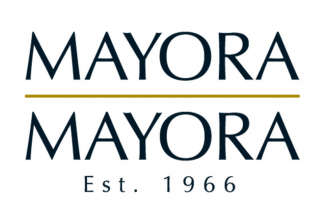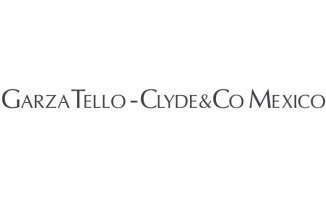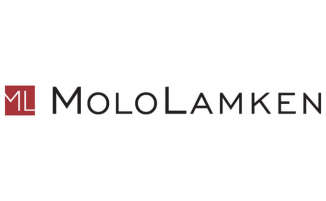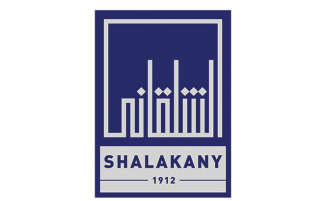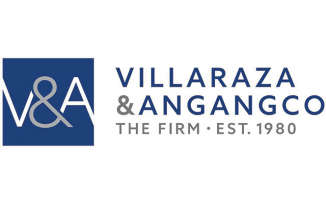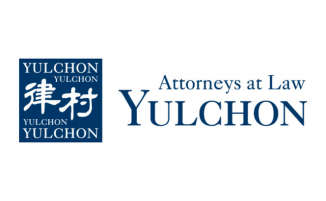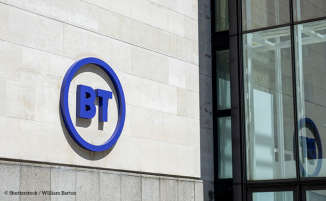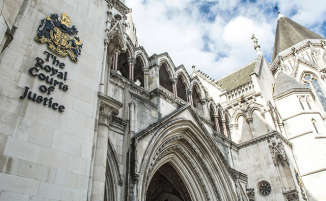Mayora & Mayora on Honduras’ legal market and its current trends
What are the key legal frameworks and regulations governing dispute resolution in Honduras?
At the heart of the Honduran legal framework lies our Constitution. This foundational document defines the boundaries within which disputes are adjudicated and resolved.
Complementing this bedrock are other legislative pillars such as the Civil, Civil Procedure, and Commercial Codes. A thorough understanding of these instruments, allows us to navigate through the litigation pathway, ensuring that our clients’ interests are safeguarded with utmost diligence.
Other rules related to business are the provisions in the Labour and Tax Codes, meticulously crafted to address the nuances of employment and tax disputes, respectively.
But our legal tools extend beyond mere litigation. The Arbitration Act provides a robust framework, granting the parties expediency in resolving complex commercial disputes, as well as providing the possibility for professional associations and chambers of commerce to organise their own arbitration centres.
Also, Honduras’ commitment to international law adds another layer of complexity to our practice, should we navigate the web of treaties to which Honduras is a signatory.
Can you provide an overview of the current landscape of the disputes legal market in Honduras, including major law firms and key players?
The legal disputes landscape in Honduras has evolved mirroring the country’s economic growth. Litigators have accumulated expertise in oral judicial and arbitration proceedings since the beginning of this century.
Among others, Arias and its distinguished specialist Fanny Rodríguez, stand out for their effective handling of complex commercial disputes. Juan José Alcerro Milla and Enrique Rodríguez Burchard, from Aguilar Castillo Love, have proven to be experts in the area, garnering legitimate recognition. Consortium’s Gustavo León-Gómez, Rafael Rivera Ferrari and Ulises Mejía have positioned themselves as a prestigious team also.
In parallel, boutique law firms, such as those under the leadership of Leonidas Rosa Suazo, Carlos Fortín, Aldo Cocenza, Fabian Villeda and Eugenia Taixes, deserve acknowledgement.
The gradual development of these firms has contributed to spread the culture of arbitration, instilling confidence in the business community.
Some individual practitioners who cater to diverse types of clients and matters before the courts include Maribel Espinoza, Félix Irías Rodezno, Marcio Barahona, and Max Salgado.
Emphasising specialisation, strategic argumentation, and adaptability, these firms and sole practitioners collectively sculpt the Honduran litigation atmosphere.
How is alternative dispute resolution (ADR), such as arbitration and mediation, commonly utilised in Honduras? Are there any recent trends or developments in this area?
Arbitration and mediation in Honduras have emerged as the preferred means for resolving local or international commercial disputes. Consistent with the principles developed by UNCITRAL, arbitration is particularly conspicuous for business transactions.
The joint efforts of the Chamber of Commerce and Industry of Tegucigalpa (capital city) and that of Cortés (industrial capital city), have significantly promoted arbitration. Proceedings are supervised by each of their arbitration centres (Cortés has recently updated its rules). It is very important to note that the voidance of an arbitral award in Honduras can be submitted to a new arbitral tribunal.
What are the primary types of disputes that businesses and individuals typically encounter in Honduras, and how are these disputes usually addressed through the legal system?
The most common disputes encountered include energy, construction, health, tourism industries, and international trade. All these require sophisticated analysis, prompting tailored counselling to address the unique challenges faced by clients.
The practice of dispute resolution is proportionate to the complexity and economic importance of investments. Compliance, antitrust, insurance, labour and tax matters are usual as well. The crisis on the international transportation of people, cargo, goods, and merchandise, has naturally increased civil and commercial conflicts.
Lastly, as regards to the distribution of imported products, they often lead to disputes over grounds for termination, alongside damages compensation.
What role does technology play in the disputes legal market in Honduras? Are there any advancements or innovations that are shaping the way disputes are handled?
In Honduras, technology plays an insignificant role in litigation, despite gradual improvements following the pandemic.
Collective willingness to embrace technological advances in dispute resolution and adapt traditional practices to meet the imperatives of the digital age, certainly represents an opportunity to increase justice efficiency and accessibility.
How does the legal market in Honduras handle cross-border disputes, and what mechanisms or agreements are in place to facilitate international dispute resolution?
Cross-border litigation in Honduras is managed under several international instruments to which Honduras is a signatory, such as the New York and the Singapore Conventions, in addition to applicable domestic law.
The Arbitration Act of Honduras clearly gives the parties to a cross-border transaction the freedom to submit to international commercial arbitration and to the substantive law of the parties’ choice (not contrary to public order).
Are there specific industry sectors in Honduras that are more prone to disputes, and what unique legal considerations should businesses in those sectors be aware of?
On the side of investment arbitration, as noted above, the energy sector has seen the most cases recently. Regarding commercial arbitration, in our experience, we have noticed a relevant number of disputes related to the construction industry too. Conflicts resulting from private property limits are also constant.
Increase in judicial backlog due to Covid-19 lockdown, discourages its use, thereby evading the search for truth and justice through court or arbitration.
The combination of the above is deemed serious since it may lead to the continuous and unmarked violation of the law or the unfair resolution of disputes, should businesses lean on pacta sunt servanda as the saviour principle of all legal relationships within Honduras.
In light of recent global events or changes in the political and economic landscape, what impact, if any, has there been on the disputes legal market in Honduras?
Globalisation allows that, despite certain weaknesses on the institutional and business environments in Honduras, the country is still the recipient of local and foreign investments.
The biggest investors in Honduras still come from the US and Spain, as well as a few other European and Latin-American countries. Perhaps, Chinese investments are on the horizon, after the recent start of diplomatic bilateral relationships.
Honduras’ legal uncertainty has prompted political turmoil, and the business community is very concerned with this situation.
In the end, litigation demands a confluence of expertise, experience, dedication, and finesse, we must persistently push back and hold the line as lawyers, for the sanctity of justice and the rule of law in Honduras.
For more information contact

Odín Guillén Leiva
Partner, Honduras
E: oguillen@mayora-mayora.com
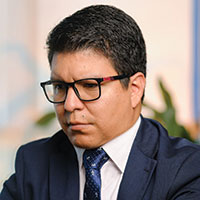
Iván Flores Hercules
Senior associate, Honduras
E: iflores@mayora-mayora.com
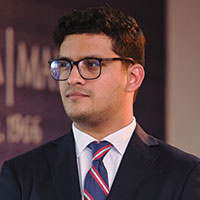
Pedro Canales
Junior associate, Honduras
E: pcanales@mayora-mayora.com







